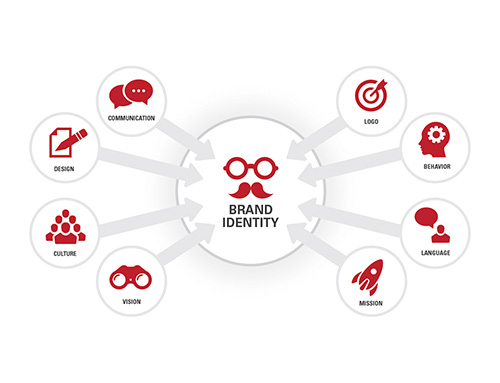
Last month, I attended the C3 2017 Conference in New York City, which is becoming one of the best annual digital marketing conferences around. The conference has a specific focus on both SEO and content marketing, which makes sense given that the event is sponsored by Conductor, one of the leading technology platforms in the space.
What struck me – besides the wealth of great digital marketing talent on stage – was the lack of discussion around the latest Google algorithm updates. There was little, if any, mention of the impact of the latest Panda or Penguin updates. Instead, the focus was on creating great user content and great user experiences, and how Google’s application of machine learning has ushered in a new era of search marketing.
Gone are the days of SEO as a stand-alone discipline, often with the singular goal of obtaining high search rankings regardless of content value. But that strategy no longer works. Google’s AI has become incredibly adept at determining how much users are satisfied by the content they find via search, and in rewarding great content with high rankings. Conversely, if users are bouncing back to the results page and not engaging with your content, Google understands this and will penalize those sites that continually disappoint users.
Conductor’s CEO Seth Besmertnik kicked off the event with the theme of “Your Customer is the Algorithm.” SEO practitioners focusing on technical optimization may have been able to “game” the system in an earlier era, but no longer. Truly understanding customer needs – and delivering content that answers their questions and solves their problems – is the only certain way to achieve search marketing success.
Perhaps my favorite speaker was Wil Reynolds of Seer Interactive, who delivered the morning keynote on day 2 of the conference. He expanded on the customer-centric theme, and shared a personal anecdote that illustrated his theme of “People First vs. Google First Search.” For years, his agency ranked #1 for a highly coveted keyword (i.e. “SEO agency”) that generated exactly zero revenue for his firm. Why? Because he didn’t understand that virtually all users searching for that term are looking for a local resource, not a national firm such as Seer.
The main takeaway for me from this year’s conference is that SEO and content are inextricably bound together. Search is more than simply keywords and rankings. It is the voice of the customer. It is the connective tissue between your customer’s intent and your ability to understand them, and then use that understanding to engage their hearts and their minds.
If you missed the real C3 you still have an opportunity to attend Virtual C3 on April 12th, right from the comfort of your home or office.





